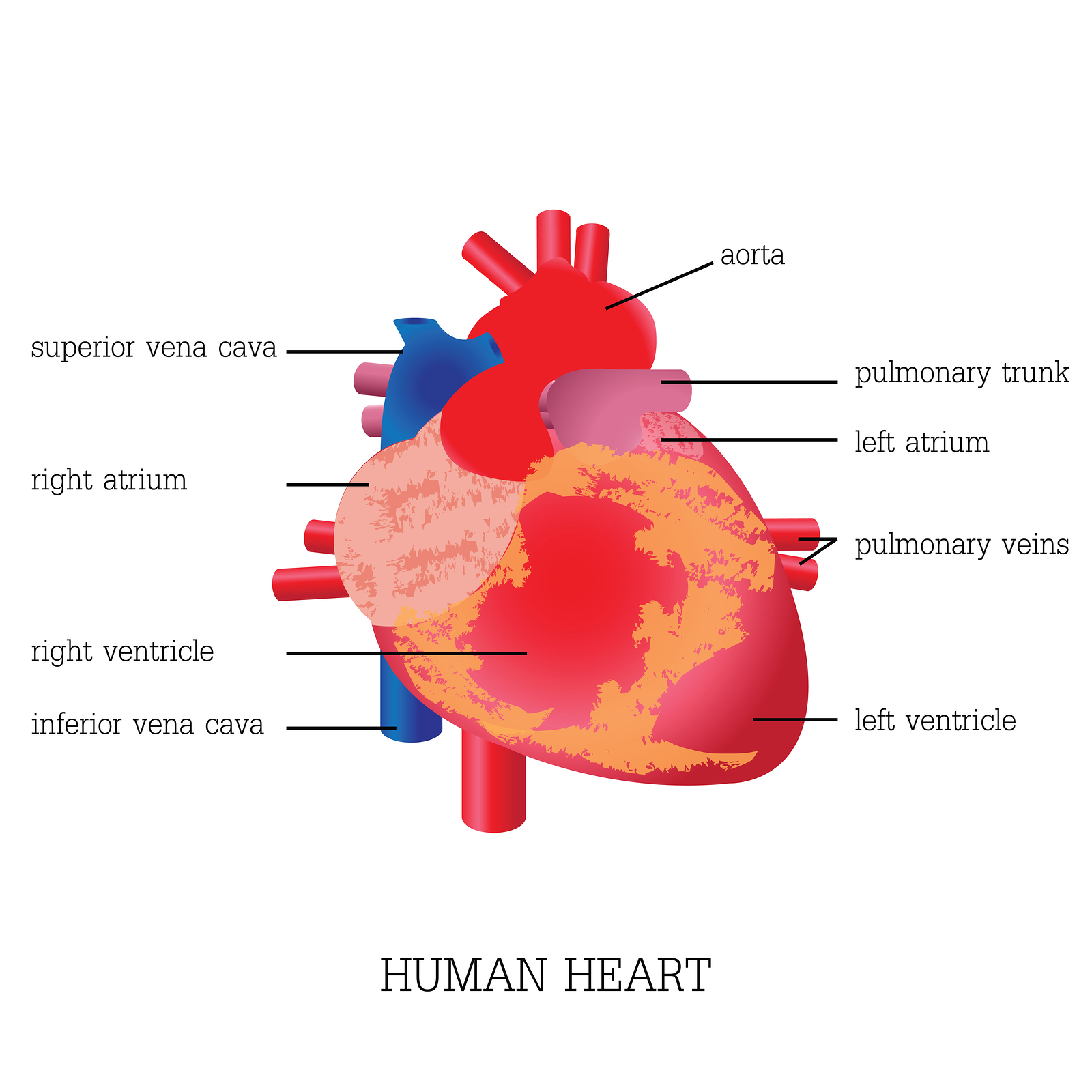
The beneficial effects of exercise training in acquired heart failure and coronary artery disease are well known and have been implemented in current treatment guidelines. Knowledge on appropriate exercise training regimes for adults with congenital heart disease is limited, thus further studies are needed. The aim of this study was to examine the effect of home-based interval exercise training on maximal endurance capacity and peak exercise capacity.
Twenty-six adults with complex congenital heart disease were recruited from specialized units for adult congenital heart disease. Patients were randomized to either an intervention group-12 weeks of home-based interval exercise training on a cycle ergometer (n = 16), or a control group (n = 10). The latter was instructed to maintain their habitual physical activities. An incremental cardiopulmonary exercise test and a constant work rate cardiopulmonary exercise test at 75% of peak workload were performed preintervention and postintervention.
Twenty-three patients completed the protocol and were followed (intervention n = 13, control n = 10). Postintervention exercise time at constant work rate cardiopulmonary exercise test increased in the intervention group compared to controls (median[range] 12[-4 to 52]min vs 0[-4 to 5]min, P = .001). At incremental cardiopulmonary exercise test, peak VO2 increased 15% within the intervention group (P = .019) compared to 2% within the control group (P = .8). However, in comparison between the groups no difference was found (285[-200 to 535] ml/min vs 17[-380 to 306] ml/min, P = .10). In addition, peak workload at incremental cardiopulmonary exercise test increased in the intervention group compared to controls (20[-10 to 70]W vs 0[-20 to 15]W, P = .003).
Home-based interval exercise training increased endurance capacity and peak exercise capacity in adults with complex congenital heart disease. Aerobic endurance might be more relevant than peak oxygen uptake with regard to daily activities, and therefore a more clinically relevant measure to evaluate.
No comments:
Post a Comment